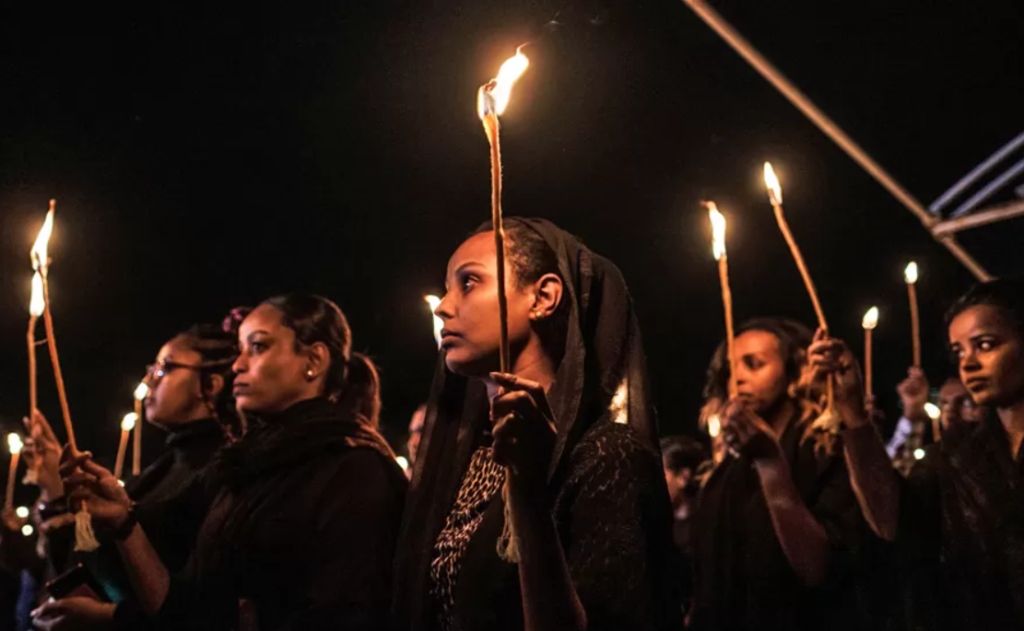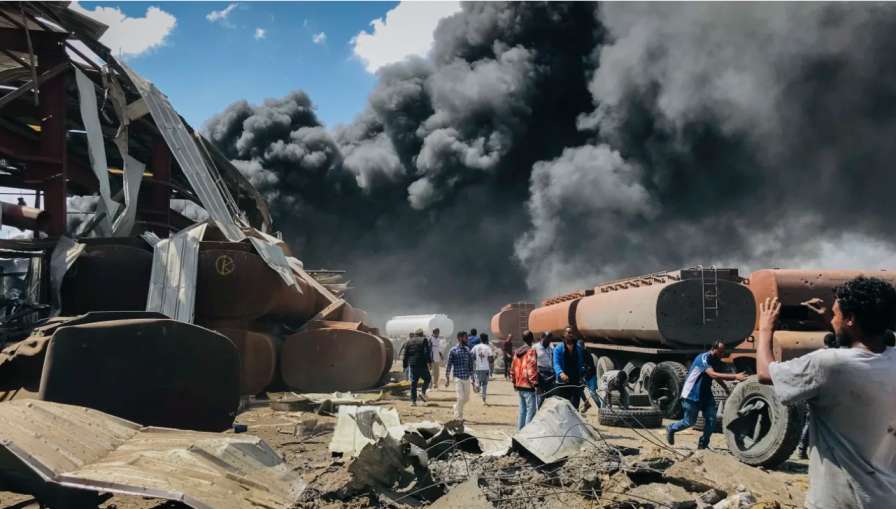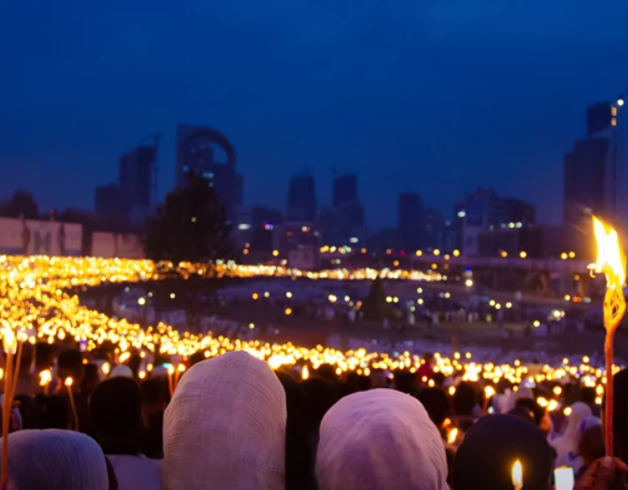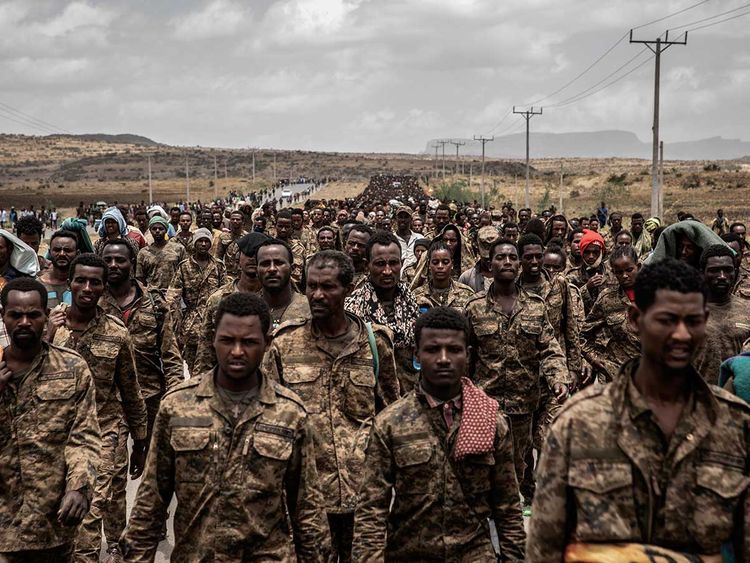Menu
Profound ethnic divisions gave rise to extreme mistrust between communities that once enjoyed brotherly and sisterly relations for centuries. This tragically escalated into wars and devastation on a scale never seen before. Millions have died, wounded, tortured, raped, or displaced. The tragedy continues to this day unabated.
The tragedy has been fueled by both internal and external actors seeking to exacerbate these tensions for their own gains. Sadly, these actors now stand in the way of any possible reconciliation. Without decisive intervention, the inevitable outcome could be a harrowing cycle of mutually assured destruction. This must be stopped.
You can help. Make a tangible impact on peace and reconciliation efforts by joining Hope for Peace as a volunteer. Contribute your time, skills, and passion to bridge communities, foster dialogue, and work towards a peaceful region and a more united Ethiopia. Together, we can create a future filled with harmony and understanding.
Hope for Peace is the result of a collective effort by Ethiopians and individuals of Ethiopian origin from both the Amhara and Tigray communities. Our shared concern arises from the serious antagonism and conflict that has marred the relationship between these two brotherly peoples, who have cherished a centuries-old history and tradition. Our primary objective is clear: to actively address and mitigate the alarming hostility that has grown between the Amhara and Tigray communities in recent years, especially during the recent war. We are dedicated to paving the way for the return of peace and stability to our region.


Hope for Peace’s foundation is rooted in the extraordinary nature of the current animosity between the Amhara and Tigray communities. These two groups share a deep history of intertwined existence, cultural unity, shared beliefs, and religious practices. Importantly, this hostility is not limited to political elites but has permeated the lives of ordinary people. This conflict has inflicted substantial human suffering and property damage in both communities and plunged the nation into a severe political crisis. The external involvement of foreign forces has further intensified the threat to our people and country, unlike any previous time in our history.
At the core of Hope for Peace’s mission is the aspiration to end the prevailing hatred and conflict between these historically close-knit communities. Our ambition extends beyond reconciliation; we aim to create a peaceful political environment that empowers both peoples and their leaders to address their political and other differences through peaceful means such as discussions, negotiations, and legal processes.
Recognizing that the roots and solutions of this crisis are political in nature, Hope for Peace stands firm in its commitment to remain apolitical. We harbor no ambitions for political power or influence. Our sole aim is to play a constructive role in the pursuit of peace and the normalization of relations between the Amhara and Tigray communities. As a nonpermanent organization with a limited agenda and no permanent structure or legal status, our focus remains unwavering.


While our mission primarily addresses the issues between the Tigray and Amhara communities, we acknowledge that these challenges are intimately tied to the broader state of national affairs and the needs and interests of all Ethiopians. The success of our mission depends, in part, on the active participation and support of communities across the nation. Furthermore, we welcome others who share our understanding of the far-reaching implications of the antagonism between these two communities on both national and regional stability. Together, we can strive for a more equitable, united, and peaceful Ethiopia.